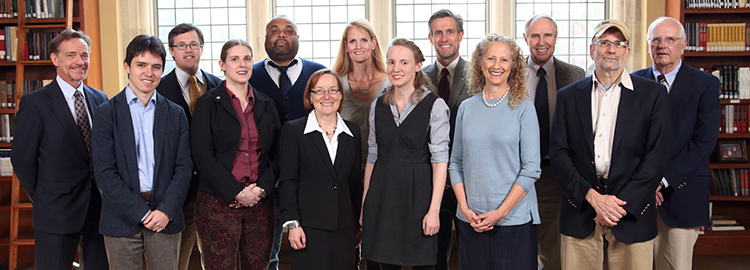
I was recently reminded of the powerful nature of incentives. I shouldn’t need reminding — I am an economist, and economists work with incentives. I have also been in various positions of authority for most of my adult life. But sometimes even economists can be surprised when they downplay or forget, as I did, how much incentives shape behavior.
Incentives kick in when roles change. Leaders may trust their colleagues to be loyal and helpful, but when people move to other units or roles, there’s no guarantee that the same set of incentives are in place. In fact, they’re likely not in effect. Leaders need to be aware of the incentives associated with various roles as well as the people who are in these roles.
Along those same lines, leaders can’t have many friends in their organizations. This was perhaps the hardest lesson for me to learn as I transitioned from being a faculty member with leadership potential to a dean. I knew and was a friend to so many of the faculty and staff when I was a professor. A dean (or another leader) can be collegial with all sorts of people, but she can be friends with only a few. Her staff or faculty are just that, faculty and staff. And the vice presidents, executive vice presidents, associate deans, and students are also positioned in a hierarchy characterized by incentives rather than affection. It’s best to be aware of, and not to forget, that essential fact. The implication is that the role is a lonely one.
Incentives are a mixed bag. For a leader in higher education, for instance, it’s important to recognize that some transactional relationships are a good idea but that these can go too far. When we offer stipends for every seemingly “extra” obligation for faculty and staff, we demean the fluidity of expectations for the life of the mind. The profession is an extraordinarily enriching one, not in terms of dollars and cents but in terms of the beauty of the work. Many colleges and universities have moved far away from recognizing this, perhaps never to return.
Time is the biggest transactional issue and incentive producer. As we have become more mired in committees and attempts to do an end-run around interested parties, we create extra work and lists to be checked off, and we fail to appreciate adequately the importance of long blocks of uninterrupted time for real academics.
In the end, incentives matter, and this is a good thing: They help leaders make good choices and get things done.
